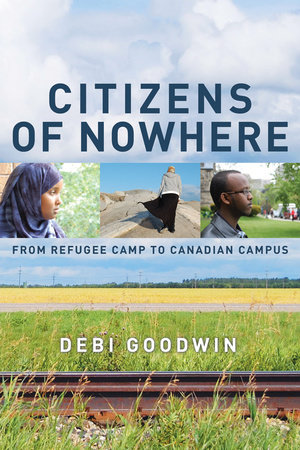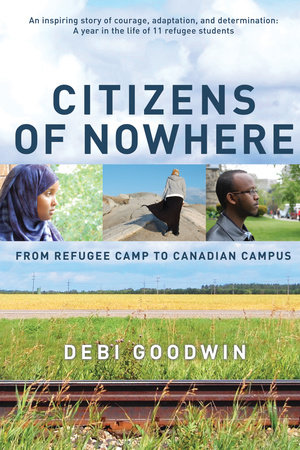

Citizens of Nowhere
By Debi Goodwin
By Debi Goodwin
By Debi Goodwin
By Debi Goodwin
Category: Nonfiction
Category: Nonfiction

-
$17.95
Jun 21, 2011 | ISBN 9780385667234
-
Sep 14, 2010 | ISBN 9780307376039
YOU MAY ALSO LIKE

Guns Up!

Madrigal’s Magic Key to Spanish

Mafalda 2 (Spanish Edition)
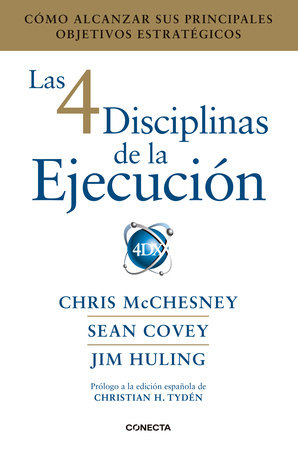
Las 4 Disciplinas de la Ejecución / The 4 Disciplines of Execution

Japanese – English Bilingual Visual Dictionary
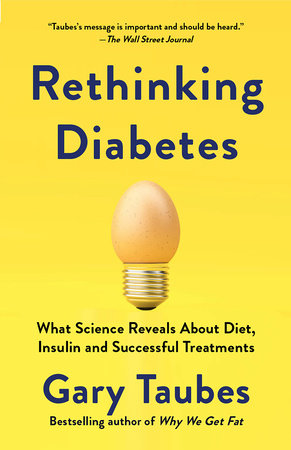
Rethinking Diabetes
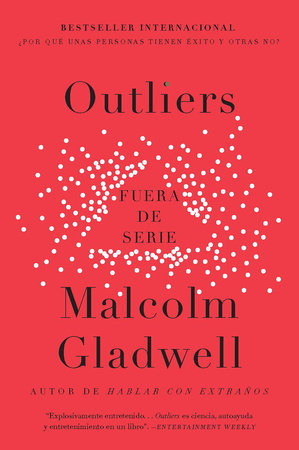
Outliers (Fuera de serie) / Outliers: The Story of Success

Mafalda 7 (Spanish Edition)

Soul Coaching Oracle Cards
Praise
“Goodwin’s account is one of the best I have ever read of the lonely, one-way journey that refugees of the world must endure to capture a part of the better future we take for granted. . . . It is both humbling and uplifting, and not to be
missed.”
–Brian Stewart, former senior correspondent with The National
Table Of Contents
Map of Kenya and Somalia
Map of Dadaab Refugee Camps, Kenya
Zafanana Bus Stops: August 16, 2008
INTRODUCTION: BECOMING UNIVERSAL
PART ONE: LEAVING HOME BEHIND
1. Out of the Sealed, Dark Room
2. A List of Heartbreaking Events
PART TWO: WELCOME TO CANADA
3. A Citizen of No Country
4. One Day I’m Going to Be Normal
PART THREE: A LONG WINTER OF ADJUSTMENT
5. Where the Heart Is
6. Girls Are Not Equal
PART FOUR: WHAT LIES AHEAD
7. So Scared of the Transition
8. Things You Can Never Forget
9. It Never Feels Like Home
PART FIVE: A YEAR OF FREEDOM
10. I Can Do Whatever I Want To
11. A Sense of Belonging
12. Almost Used to Life Here
Acknowledgements
How You Can Help
Notes and Sources
Index
21 Books You’ve Been Meaning to Read
Just for joining you’ll get personalized recommendations on your dashboard daily and features only for members.
Find Out More Join Now Sign In






